 "Last week, we kicked off the citrus fruit campaign with volumes that are expected to be lower than last year, especially at the end of the campaign. It is not an abundant year like last year, and sizes are expected to be medium. In any case, it is still too early to draw a precise picture: we can say that this campaign has yet to be deciphered, as the climatic component could overturn forecasts," reports Marco Pirracchio, owner with his brother Francesco of the Pirracchio Francesco company, founded in 1985 in Palagonia (CT) by their father Nicolò, and specialised in the processing of a wide range of citrus fruits.
"Last week, we kicked off the citrus fruit campaign with volumes that are expected to be lower than last year, especially at the end of the campaign. It is not an abundant year like last year, and sizes are expected to be medium. In any case, it is still too early to draw a precise picture: we can say that this campaign has yet to be deciphered, as the climatic component could overturn forecasts," reports Marco Pirracchio, owner with his brother Francesco of the Pirracchio Francesco company, founded in 1985 in Palagonia (CT) by their father Nicolò, and specialised in the processing of a wide range of citrus fruits.
The company facility is located in Sicily, in Palagonia (CT), on a covered area of around 3,000 square metres equipped with state-of-the-art processing lines - whose production capacity allows the processing of 80,000 kg of produce per day - for a wide variety of citrus fruits obtained from 80 hectares of cultivated land. The primary objective is to obtain high quality citrus fruits, with an extensive commercial calendar and shipments to Italian and foreign markets, as well as to ensure controlled quality and continuity of supply to the large-scale retail trade. The varieties marketed include Tarocco gallo, Moro, Sanguinello, Navel Valencia.
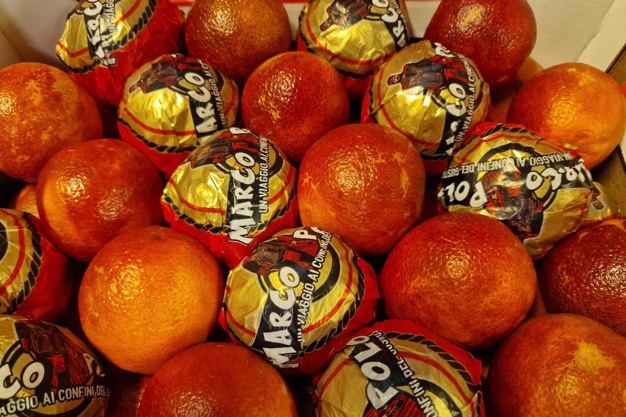
"At the moment, despite having gained the loyalty of the markets, it remains difficult to find volumes. Nonetheless, the main problem in Sicily remain the low margins. In short, there is little produce and prices are low: a contradiction to the classic market law that derives from the relationship between supply and demand. This already complicated situation is exacerbated by the sector's poor medium-term planning and fragmentation."
Fruits are marketed under the "Marco Polo" brand name, to commemorate the great explorer who contributed to the spreading of citrus fruits in Europe. Although these fruits were already known in the Mediterranean before his time, his detailed accounts of the wonders and novelties he encountered during his travels, including exotic fruits such as oranges, lemons and citrons, helped increase the interest in these products.
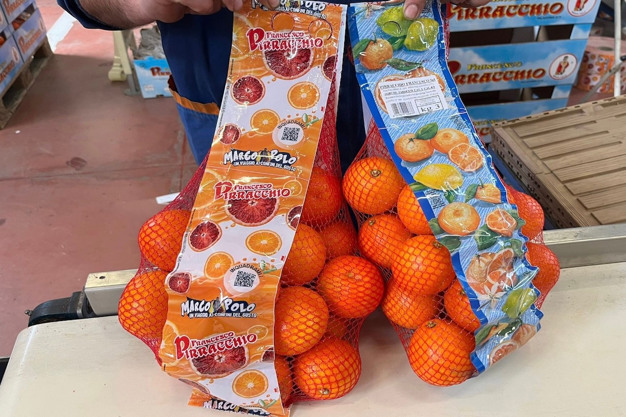
In order to widen its assortment, the company markets prickly pears during the summer months, with particularly positive market effects - as far as the 2024 campaign is concerned - due to the small quantities available.
"Specifically, the campaign of 'agostano' prickly pears, which are obtained from the first flowering of plants, went well with good yields and considerable grades. The campaign was longer than usual, given the earlier ripening of the fruit. 'Bastardoni', i.e. the fruits obtained by the scozzolatura (elimination) of the first flowers grown by the plants, with subsequent selection and thinning of the fruits, saw a 30% drop in production."
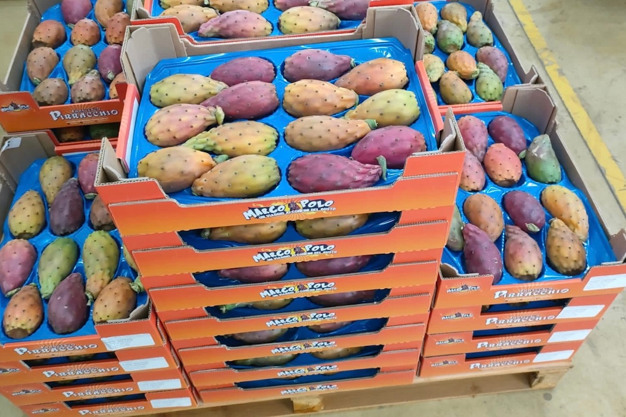
"Due to the small quantities of prickly pears, we recorded a positive market feedback. Consumers bought the product despite the medium-high quotations. Such a positive trend is unlikely to change, because it resembles what happened with table grapes and, we hope, also with oranges, given that production is low and, therefore, quotations should show an upward trend."
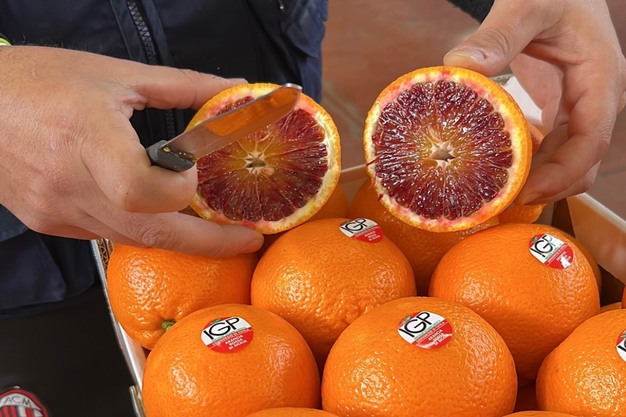
"However, the lack of planning does not help identify market opportunities and trends, creating serious confusion. The consequence is that producers tend to plant new varieties blindly, without a preliminary market study. As a first step, an agricultural register should be established, which would be essential to clarify the varieties and plots of land currently planted, so as to guide producers towards variety choices that are demanded by the market. The data would help producers plant the required fruit, avoiding overproduction and thus commercial crises. The main objective is to guarantee an income to small producers, who have always supplied high quality products monitored throughout all stages of production. There is a risk of destroying this productive fabric, which has historically guaranteed income to entire generations, thus causing a haemorrhaging of resources towards other, more profitable sectors."
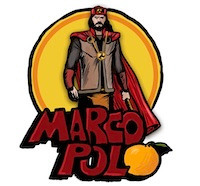
For more information:
Marco Pirracchio - marketing manager
Pirracchio Francesco s.s
Via Palermo Palagonia (CT)
+39 7952798
+39 335 7306355
[email protected]
www.pirracchiof.com










